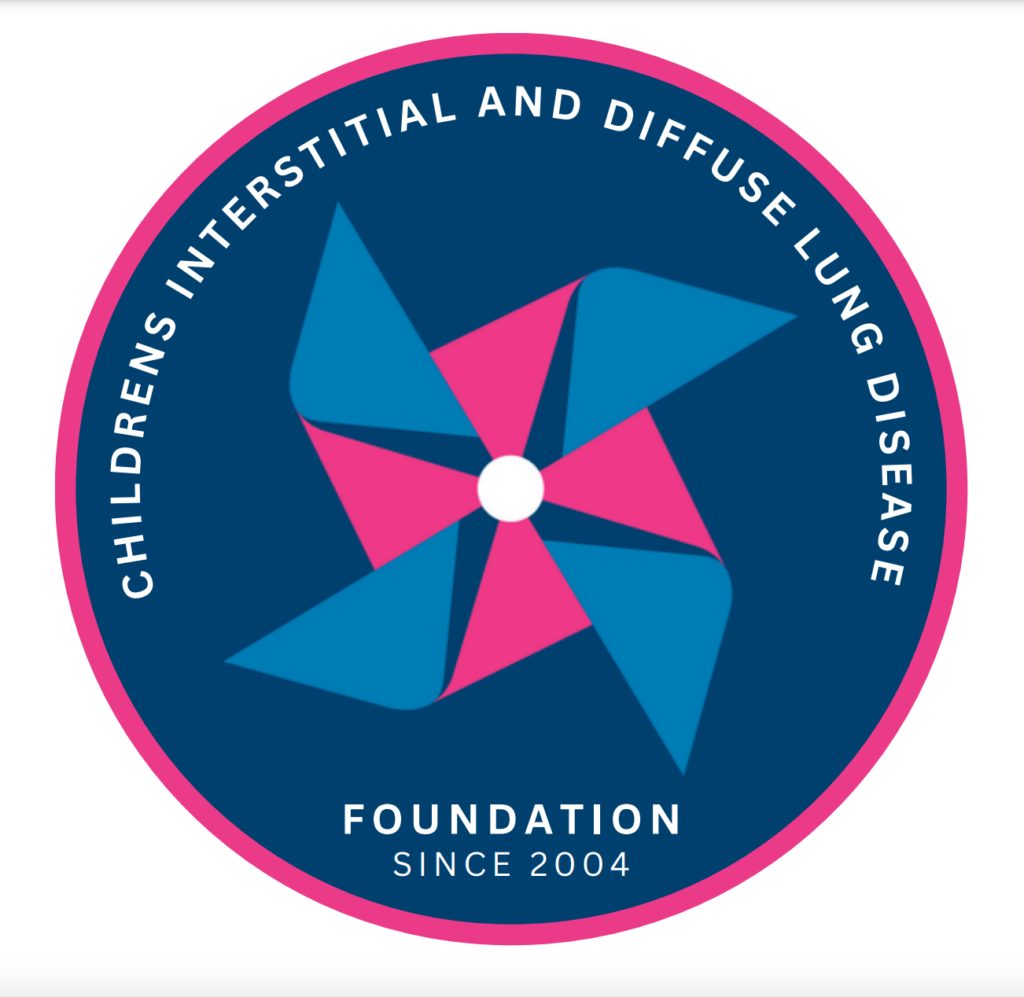What is acute idiopathic pulmonary hemorrhage of infancy (AIPHI)?
Diagnosis:
AIPHI is possible when babies have trouble breathing and low red blood cell counts (anemia). Blood may come out of the baby’s mouth or nose.
- A chest x-ray may show areas of pneumonia
- A lung scan (chest CT) may show many areas of pneumonia or fluid in the lungs.
- A lung scope (bronchoscopy) can show normal airways. The lung wash (lavage) will show signs of blood deeper in the lungs. The fluid may look bloody during the scope. It may also show blood when doctors look at it using a microscope.
- A complete blood count (CBC) may show low red blood cell counts (anemia).
- A lung biopsy is sometimes needed for the right diagnosis. This will show bleeding in the lung that does not match other lung problems.
It is important to rule out bleeding in other areas of the body. Doctors will look for bleeding in other places like the nose, mouth, stomach or esophagus (swallowing tube). There are some genetic tests available for rare causes of lung bleeding in children. Testing to rule out vasculitis should be done.
Treatment:
Treatment of AIPHI is mostly to support breathing. Children may need oxygen to help keep their oxygen levels normal. They may need positive pressure to help them breathe oxygen in and carbon dioxide out. Children who are very sick with AIPHI may need to be in the intensive care unit for help breathing.
Medicines may be used to block inflammation in the lung. Sometimes children need medicines for several months. Your medical team will help decide which medicines to use and how long to use them.
Some cases have happened in groups or clusters. When this happens, there may be something in the outside world making some babies bleed. The team may think about toxins, smoke, mold, or chemicals that the child may be breathing in. Sometimes doctors never find the reason for bleeding.
What does AIPHI mean for my child?
AIPHI can cause different levels of illness in different children. Some children only have mild bleeding in the lungs. Some children have very bad bleeding that can make them very sick. Some children can die from lung bleeding. After the bleeding is stopped, most children can come off medicines and continue to grow.
It is important to protect your child’s lungs from infection by making sure they get the recommended vaccines.
What to watch out for:
- If your child is working hard to breathe, has low oxygen levels, or is bleeding from their nose or mouth, talk to a health care provider. If possible, ask to see a lung specialist who is experienced with these conditions.
- If your child needs to wear oxygen, work with your health provider to get the correct amount to give your child. This amount may change from time to time.
- If your child struggles with feeding or gaining weight, talk to your health care provider.
- Try to prevent infections from common childhood illnesses. Wash your hands often and ask your friends and family to let you know if they are sick before they are around your child.
- Get your child’s vaccines and yearly flu shot.
This information is for Educational Purposes only. It should not be used as a substitute for the medical advice of one’s healthcare provider.
Sign Up on our website for information about events and to communicate with other families.
Author(s): Jenny Cheng Reviewer(s): Katelyn Krivchenia Version:
